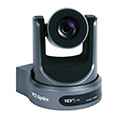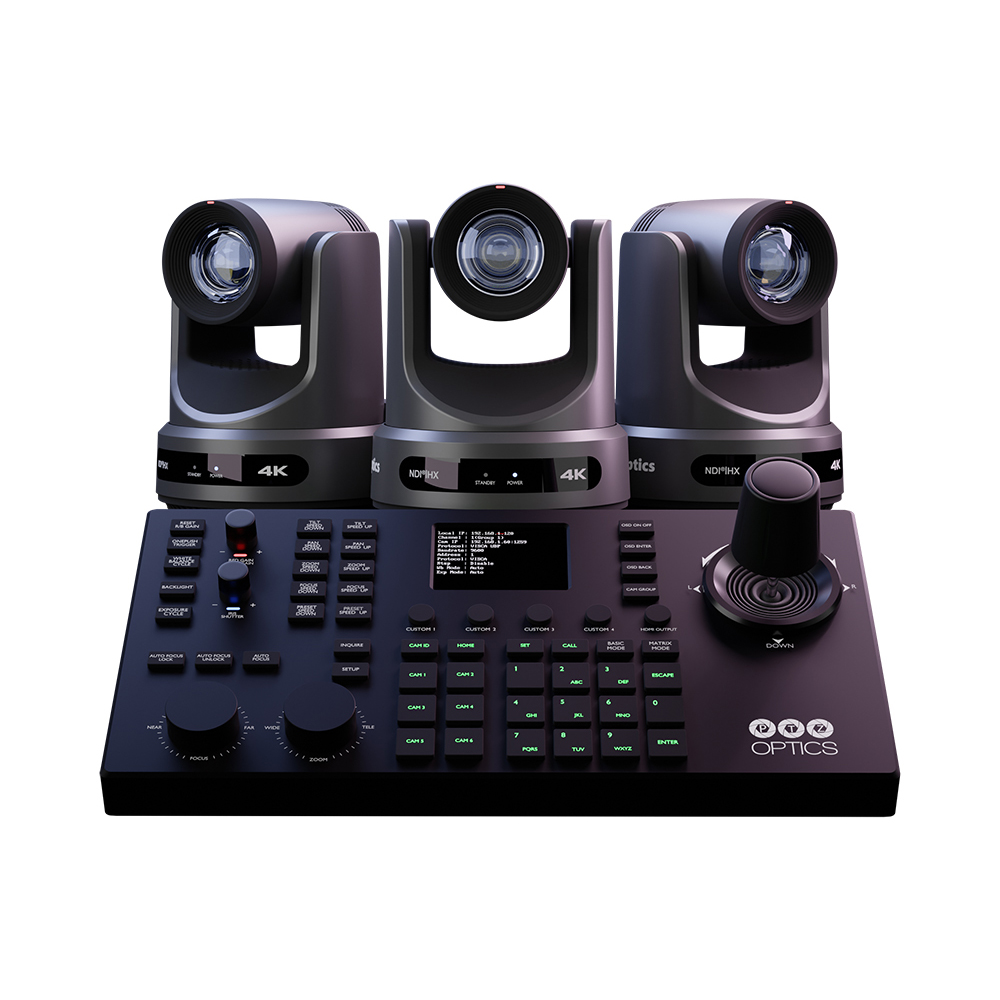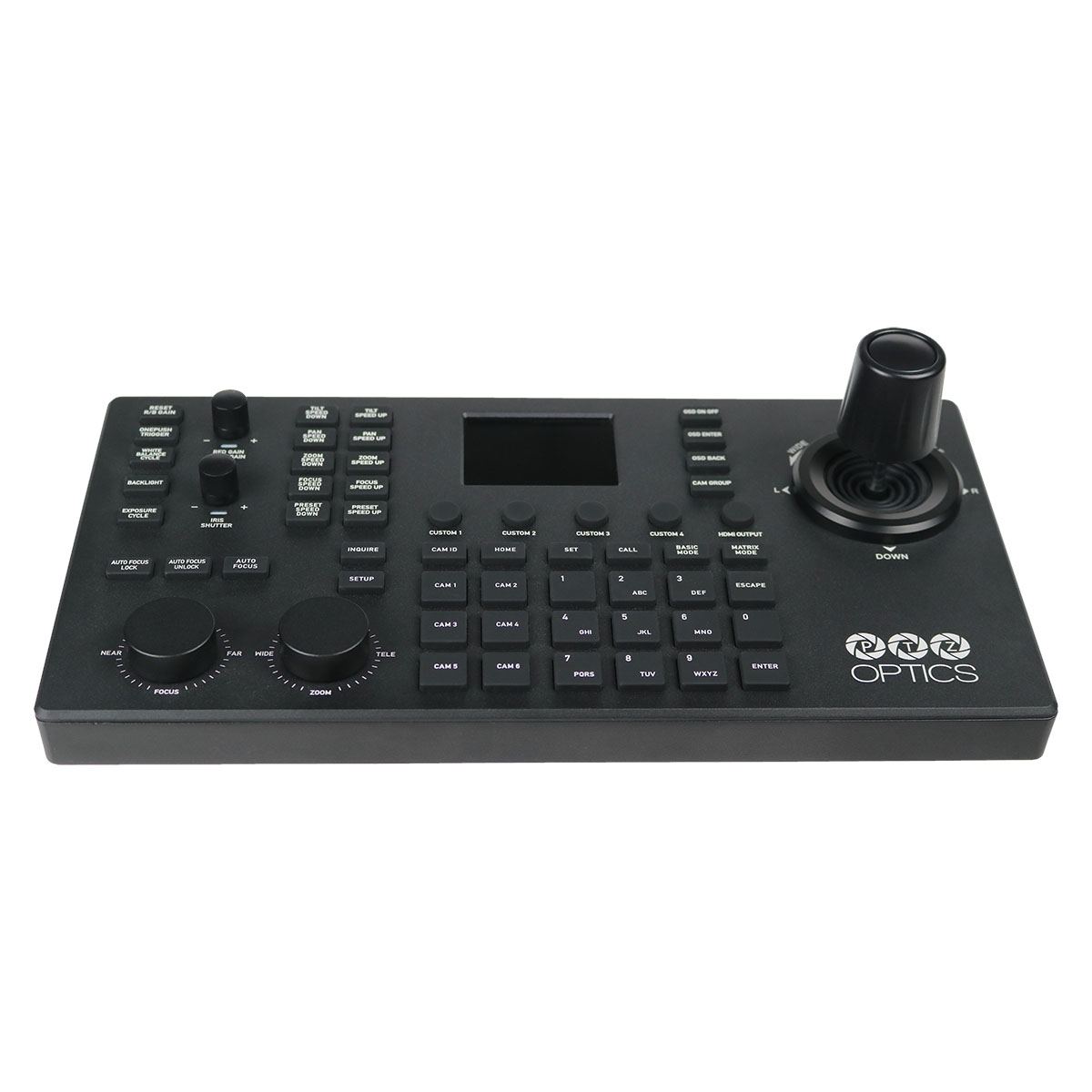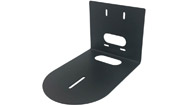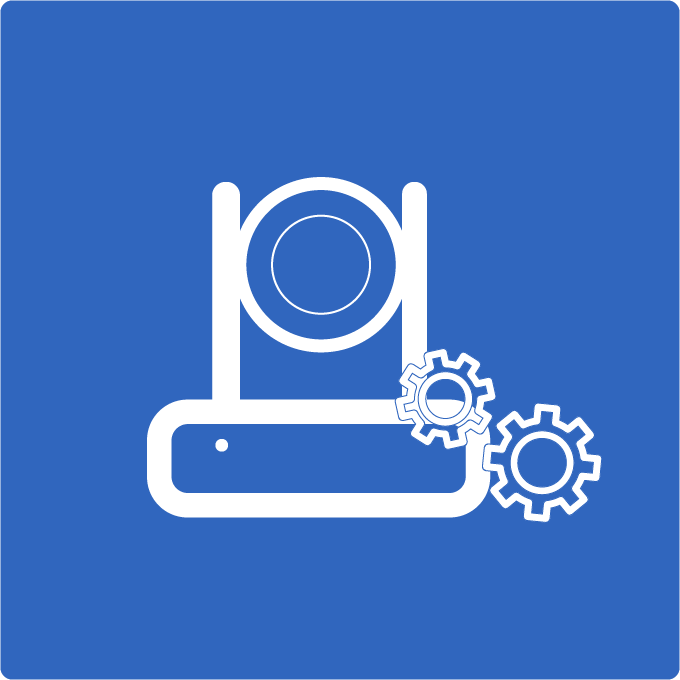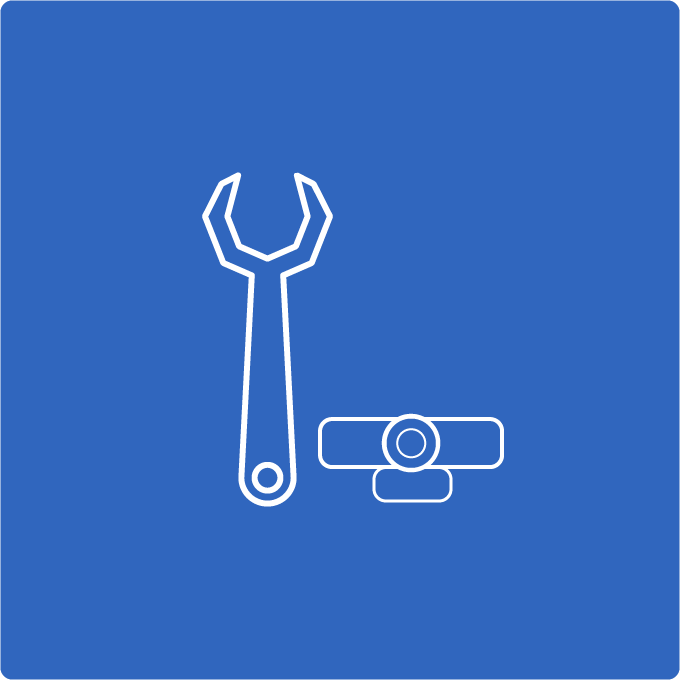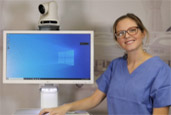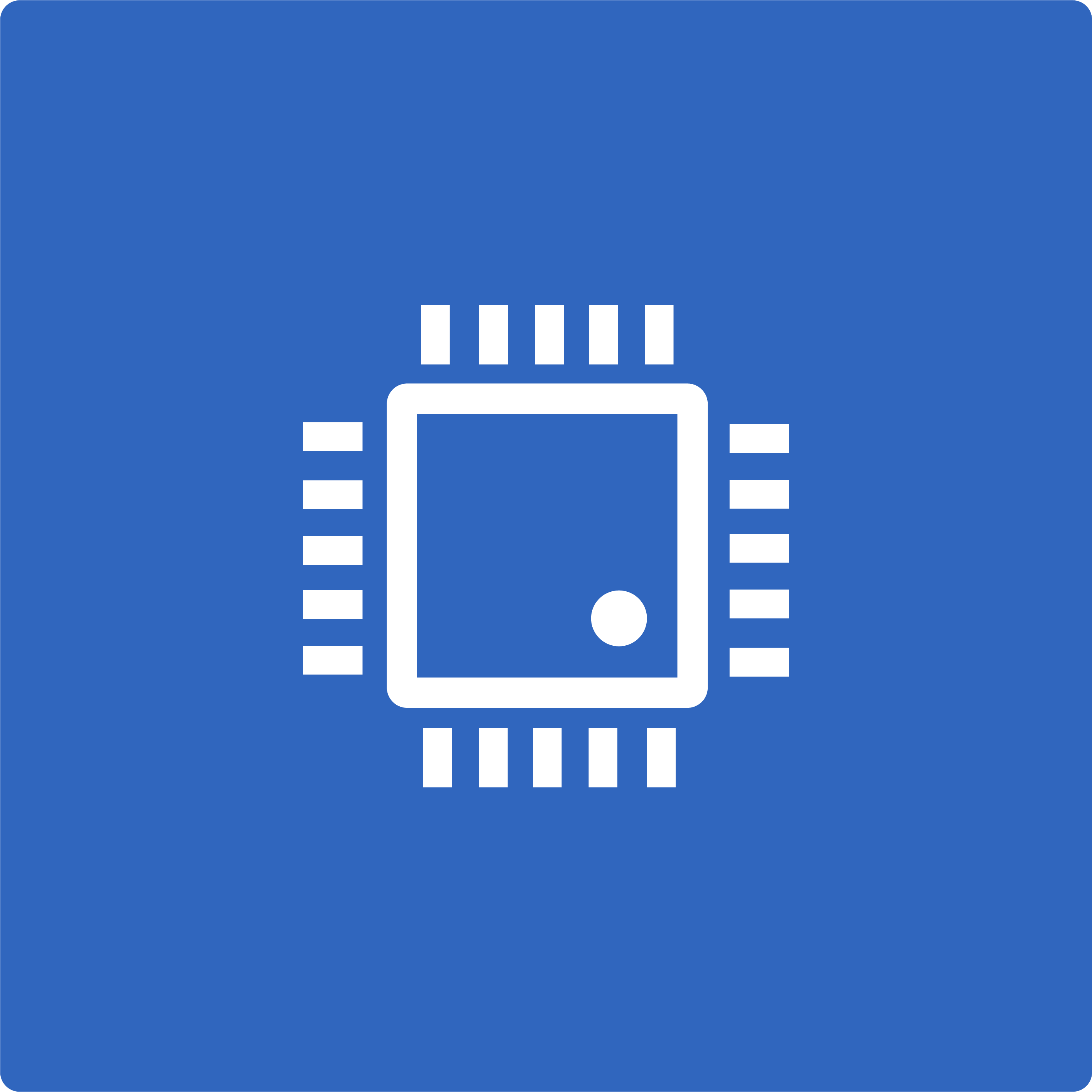Remote Production Software Workflow w/ vMix and Hive
Navigating the Bleeding Edge of Remote Production
In the ever-evolving world of remote production, sometimes you just have to dive in headfirst and experiment with new workflows to discover what works best. This spirit of innovation and adaptability is what drives us to continually push the boundaries of what’s possible in live broadcasting. In our latest project, we ventured into the realm of remote production, leveraging the powerful combination of vMix and PTZOptics Hive Studio.
Setting the Stage
Overview of the Project
This live broadcast event presented the perfect opportunity to explore the capabilities of remote production. The goal was to seamlessly integrate remote PTZ camera operators into our existing vMix setup, ensuring smooth and high-quality live streaming.
Initial Setup
Before diving into the remote production workflow, it’s important to understand our starting point. Our vMix setup was already robust, designed to handle multiple camera inputs, video overlays, and live streaming on the local area network (LAN). Here’s a quick rundown of our initial setup:
- vMix Software: The backbone of our live production, vMix allows for versatile video mixing, switching, and streaming.
- PTZOptics Cameras: Our primary cameras, connected to vMix via NDI HX 3 in 1080p@30fps.
- Local Network Configuration: Ensuring low-latency and high-quality video transmission within our studio environment to vMix.
- WAN Connectivity: Our connection to Hive provides cloud-based access to users around the world. We used lower bit-rate “Stream 2” video from our cameras to Hive for this.
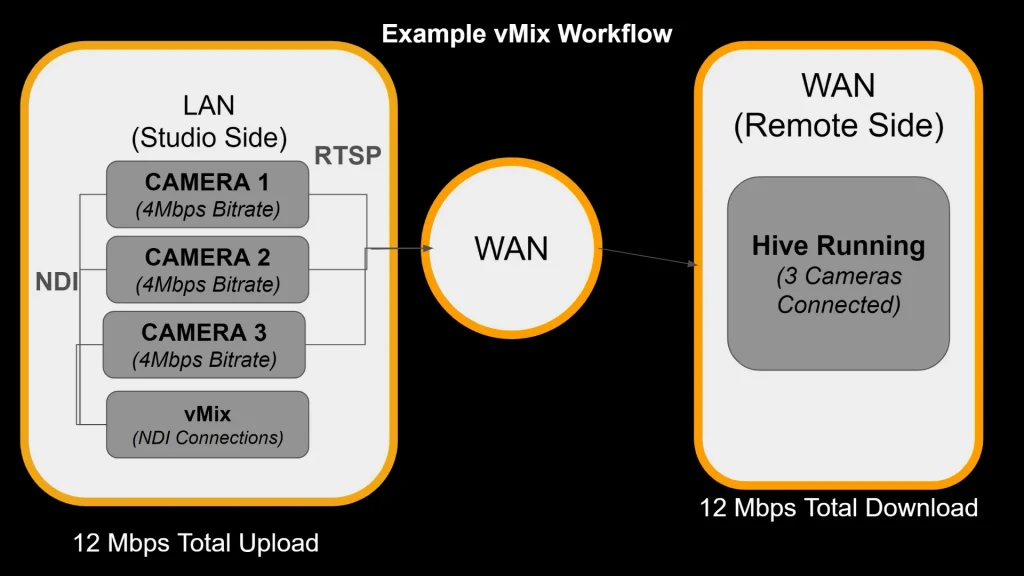
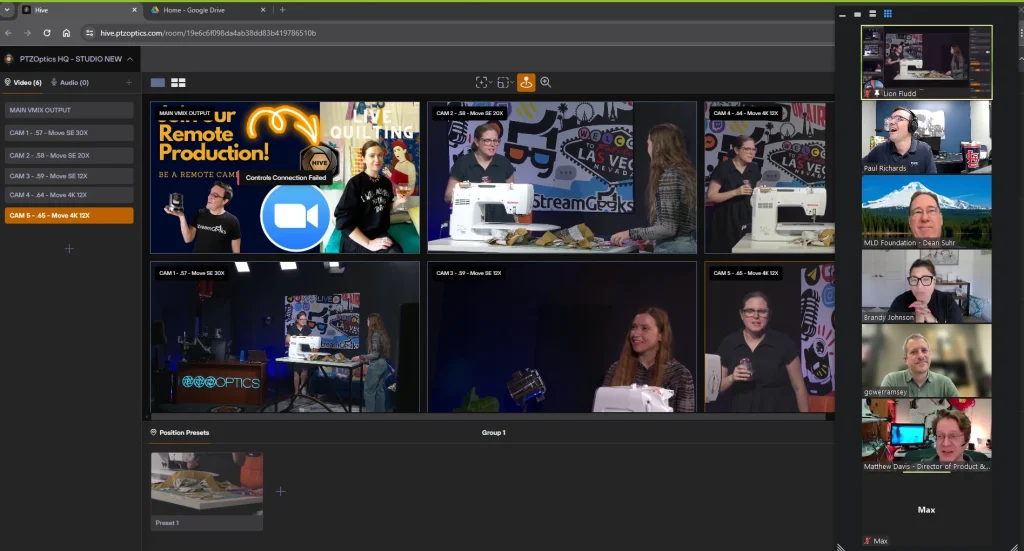
Introducing PTZOptics Hive Studio
What is Hive Studio?
PTZOptics Hive Studio is a game-changing tool designed to facilitate remote production workflows. It provides a platform that allows for seamless integration of remote PTZ camera operators, making it easier to manage and control camera feeds from different locations.
Key Features
Hive Studio comes packed with features that are particularly beneficial for remote production setups:
– Remote PTZ Camera Control: Operators can control PTZ cameras remotely, adjusting pan, tilt, and zoom to capture the perfect shot from anywhere in the world.
– Low Latency Video Feeds: Hive Studio ensures low latency video feeds, which is crucial for maintaining synchronization during live broadcasts.
– Scalable and Flexible: Whether you’re working with a few cameras or a large array of PTZ cameras, Hive Studio scales to meet your needs.
– Browser-Based Interface: The user-friendly, browser-based interface allows operators to access and control cameras without the need for complex software installations.
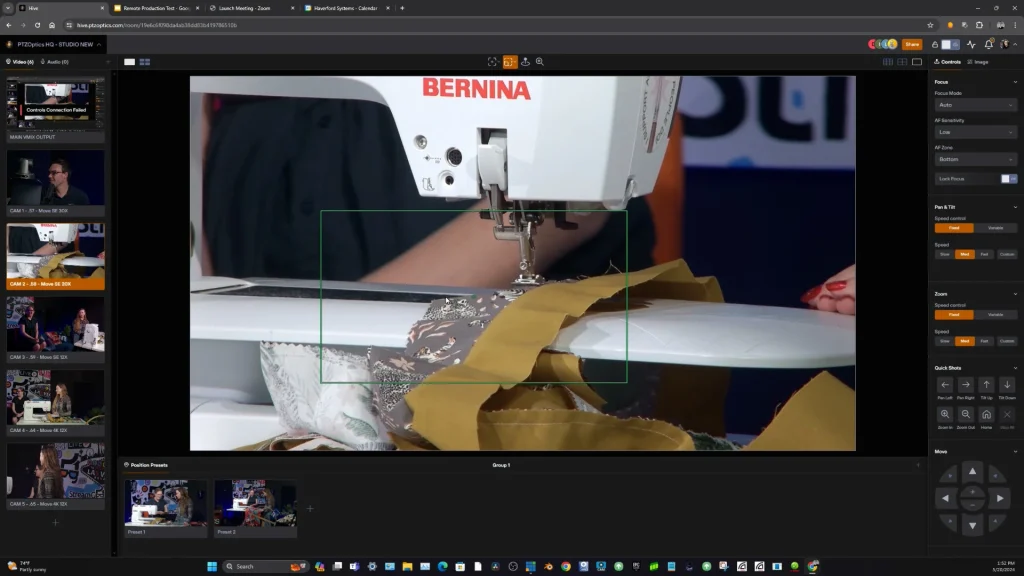
The Workflow
Integration with vMix
One of the first steps in our remote production setup was integrating Hive Studio with our existing vMix setup. Here’s how we did it:
– NDI Integration: We utilized NDI HX, a high-efficiency version of NDI, to transmit video streams from our PTZOptics cameras to vMix. This integration ensured that our video feeds were of high quality and had minimal latency.
– Hive Studio Configuration: Setting up Hive Studio was straightforward. We configured it to recognize our PTZOptics cameras “Stream 2” video which is a lower bitrate video stream to optimize the camera connections on our network.
Remote PTZ Camera Operators
With Hive Studio in place, we brought in remote PTZ camera operators by inviting them via email. Here’s how the process worked:
– Remote Access: Operators accessed Hive Studio via a web browser, allowing them to control the PTZ cameras from their respective locations.
– Real-Time Control: Despite being remote, the operators could control the pan, tilt, and zoom functions in real-time, ensuring that they captured the best angles and movements during the broadcast.
– Collaboration and Coordination: We established a communication channel (using Zoom) to coordinate between the remote operators and the production team, ensuring smooth transitions and camera movements.
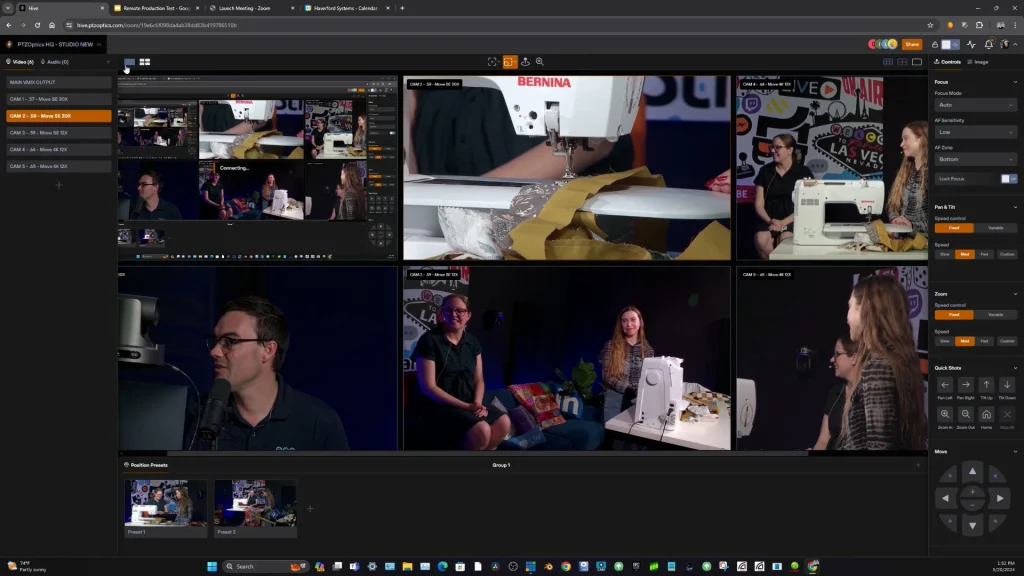
What we learned – Improved Efficiency
One of the most significant benefits we observed from this new workflow was the improved efficiency in our production process. With remote PTZ camera operators, we were able to:
– Streamline Operations: By distributing camera control tasks among remote operators, our on-site team could focus more on core production tasks, leading to a more streamlined and organized workflow.
– Reduce Setup Time: Remote camera control reduced the need for extensive on-site setup and adjustments, saving valuable time during pre-production.
Enhanced Flexibility
The flexibility provided by Hive Studio and vMix allowed us to adapt quickly to various production needs:
– Remote Accessibility: Operators could manage camera angles and settings from any location, providing us with the ability to quickly adapt to changes in the shooting environment without the need for on-site adjustments.
– Scalability: Whether we needed to add more cameras or bring in additional operators, the setup was easily scalable, making it ideal for both small and large productions.
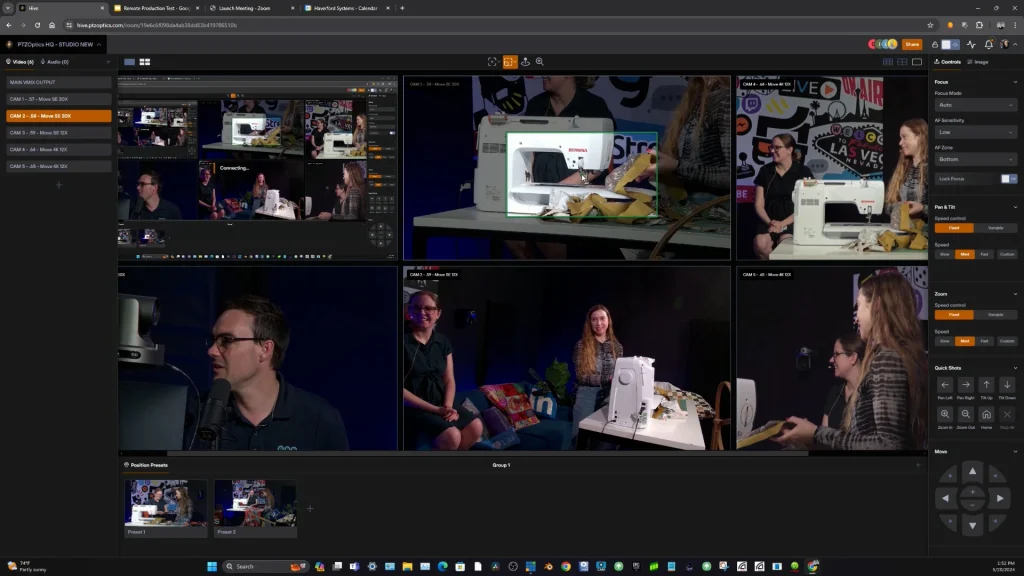
Quality of Output
Despite the challenges, the quality of our live broadcast was not compromised. In fact, we noticed several improvements:
– Consistent Video Quality: Using NDI HX for primary streams ensured high-quality video output. The combination of high-efficiency and lower bitrate streams allowed us to maintain this quality throughout the broadcast.
– Smooth Camera Operations: Remote PTZ control was smooth and responsive, resulting in professional-grade camera movements and transitions. This added a layer of polish to our production that was appreciated by our audience.
Future Implications
Potential for Future Projects
The success of this remote production setup has opened up numerous possibilities for future projects:
– Remote Productions: We can now confidently plan and execute productions with remote teams, expanding our reach and capabilities.
– Hybrid Workflows: Combining on-site and remote operations provides a hybrid workflow that leverages the strengths of both approaches, enhancing overall production quality and efficiency.
Evolving Technology
Staying updated with evolving technology is crucial in the dynamic field of video production. Our experience with vMix and Hive Studio underscores the importance of:
– Continuous Learning Keeping abreast of the latest tools and technologies to remain competitive and innovative.
– Embracing Change: Being open to experimenting with new workflows and solutions to find the best fit for our production needs.
Reflecting on our journey into remote production with vMix and PTZOptics Hive Studio, we are excited about the future possibilities. The challenges we faced were outweighed by the benefits realized, and we are eager to continue exploring and innovating in this space.
Don’t Take Our Word for It: Check Out the Footage from the Live Stream
Seeing is believing, and we invite you to see the results for yourself. Our live stream video showcases the effectiveness and quality of the remote production workflow we implemented. Here are some highlights:
Seamless Integration
- Smooth Transitions: Watch how our remote PTZ camera operators managed smooth transitions and captured dynamic shots in real-time, enhancing the overall production value.
- Real-Time Control: Experience the responsiveness of our setup, with camera movements and adjustments happening seamlessly during the live broadcast.
Quality and Clarity
- High-Quality Video: Despite using remote operators, the video quality remained high, thanks to the optimized IP video workflow using NDI HX and lower bitrate streams.
- Consistent Performance: Notice the consistent performance throughout the broadcast, with minimal latency and high reliability, ensuring a professional-grade live stream.
Versatility in Action
- Diverse Angles: See how the flexibility of remote PTZ control allowed us to capture a variety of angles and perspectives, providing a richer viewing experience for our audience.
- Adaptive Workflow: Our setup’s adaptability shines through in how we managed different scenarios during the live stream, demonstrating the robustness of our workflow.

